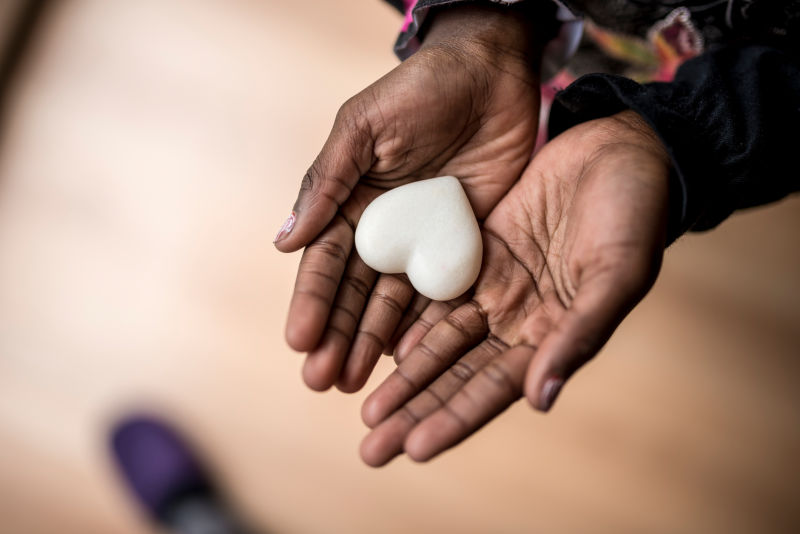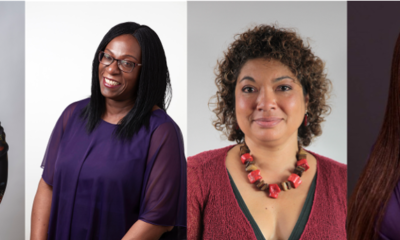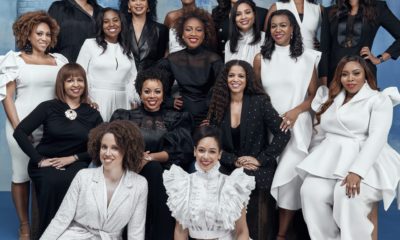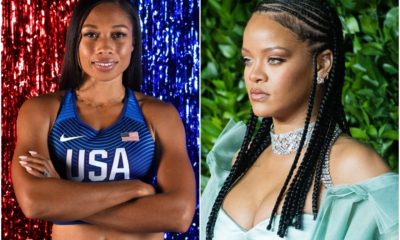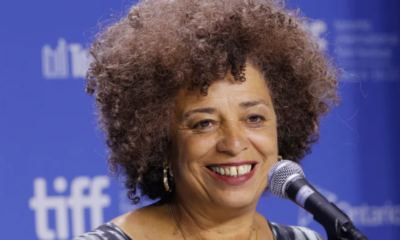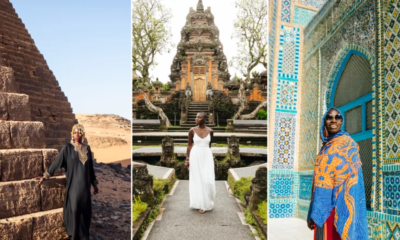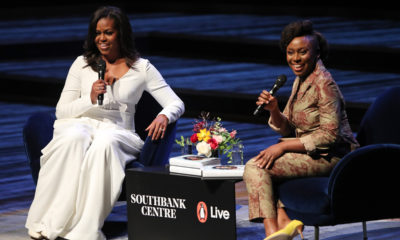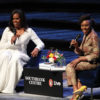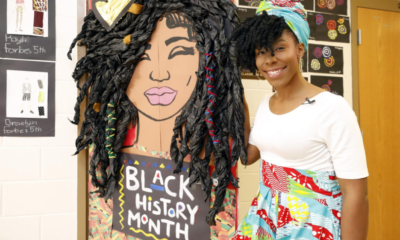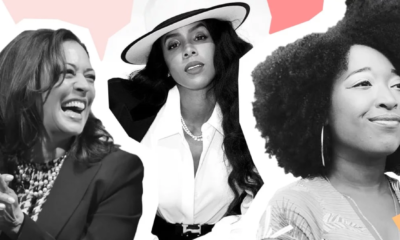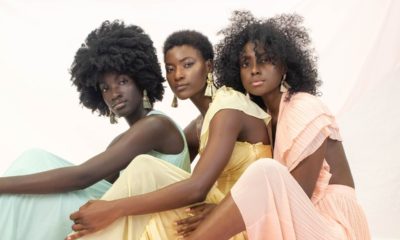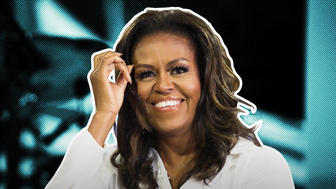Featured Articles
Black Women and Girls May Run the World, but They’re Not Safe in It
Editor’s note: Once a month, the National Interest column will tackle broader questions about what the country should do to increase educational opportunities for black youths.
In black America during the 1970s, the portraits of MLK, JFK and Jesus hung on every family’s wall. Today, the new trinity of Oprah, Beyoncé and Michelle Obama could almost replace them.
But the increasing power and cultural influence of black women don’t equal protection. Black women’s accomplishments, despite their continuing struggle, illuminate how sexist men really are.
The successes of movies Girls Trip and Hidden Figures and the economic and cultural power of the Essence Music Festival are testaments to the power of black women. The pace of their educational gains, the political leadership of those like Rep. Maxine Waters and the women behind the Women’s March, the cultural impact of Oprah and Beyoncé, as well as the public intellectualism of Melissa Harris-Perry, Janet Mock and Brittany Cooper, equal or exceed their black male counterparts. Black women are standard-bearers who transcend race and class.
We are living in a black woman’s world, whether you recognize it or not. Black women are reclaiming spaces with their perspectives, creativity, political savvy, sexual power and economic influence.
Yet, black girls and women need protection as they go to school and make gains in the workforce. “Sexual harassment in schools has a disparate impact on black girls and young women,” wrote researcher Sonja C. Tonnesen in the 2013 report “Hit it and Quit It: Responses to Black Girls’ Victimization in School.” She continued: “Their harassment is often more public, more violent, and inflicts longer-term damage than that of their nonblack peers.”
A higher percentage of black women enrolled in college between 2009 and 2012 (9.7 percent), exceeding Asian women (8.7 percent), white women (7.1 percent) and white men (6.1 percent). Still, black girls endure daily threats in school hallways.
The failure of schools to intervene in violence against black girls contributes to their insecurity (pdf). That may be because schools are also guilty of harassment. Nationally, black girls accounted for 45 percent of all girls who were suspended and for 42 percent of girls expelled from K-12 public schools between 2011 and 2012, the highest among all racial or ethnic groups, according to one University of Pennsylvania study (pdf).
Black girls need support in school, just like black boys. One of the chief criticisms of President Barack Obama’s My Brother’s Keeper program, a public-private partnership established in 2014 that aims to provide opportunities for boys and young men of color, is that it didn’t include girls.
Girls also need programs and initiatives that garner attention from the office of the president. This summer, Fox Searchlight released the critically acclaimed documentary about one such program: Step, about a “senior year of a girls’ high school step-dance team against the background of inner-city Baltimore.” The limited distribution in the wider market not only symbolizes the need for more educational …
Please read original article- Black Women and Girls May Run the World, but They’re Not Safe in It



